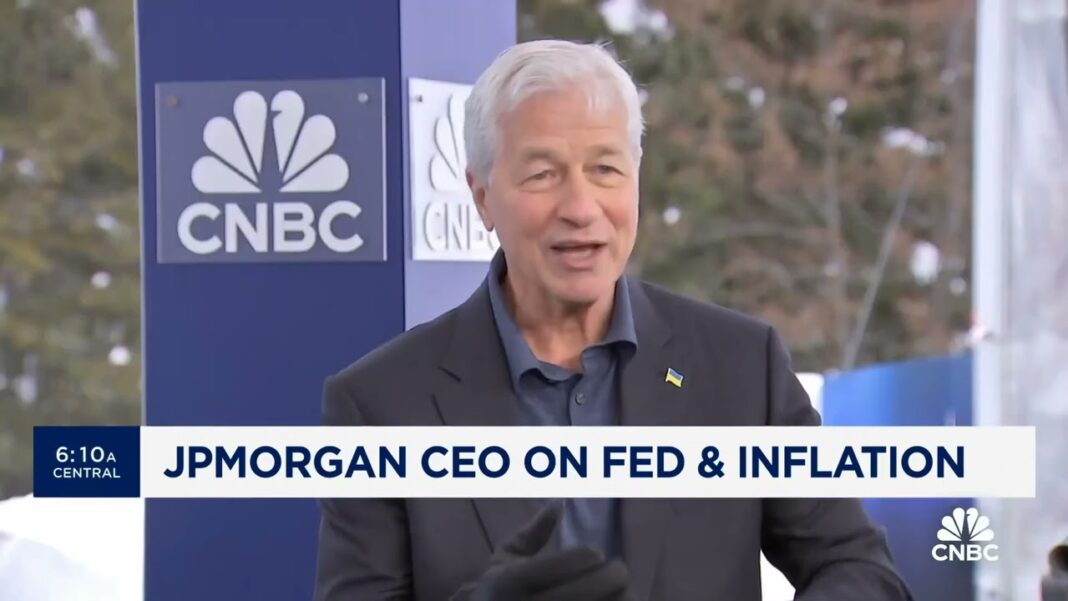The Treasury Department’s financial crime bureau also flagged transactions for religious texts, lawmakers allege
FinCEN, the U.S. Treasury Department’s financial crime-fighting unit, is being accused of urging banks to comb through the private transactions of customers using terms like “MAGA” and “Trump” following events on Jan. 6, 2021, at the U.S. Capitol.
House Judiciary Committee Chairman Jim Jordan (R-Ohio) leveled the accusation in a letter to former FinCEN director Noah Bishoff, in what the lawmaker described as “pervasive financial surveillance” carried out at the request of law enforcement that raises doubts about Treasury’s “respect for fundamental civil liberties.”
The letter comes as the House Judiciary Committee and the Select Subcommittee on the Weaponization of the Federal Government (also chaired by Mr. Jordan) are conducting oversight of the receipt by federal law enforcement of information about U.S. citizens without legal process and by means of private sector entities such as banks.
Mr. Jordan said in the letter that the two committees are in possession of documents indicating that FinCEN sent out materials to banks on behalf of law enforcement that outlined so-called “typologies” of persons of interest in the wake of the Jan. 6 Capitol breach.
The materials FinCEN allegedly sent out to banks and other financial institutions aimed to identify transactions on behalf of the FBI.
‘MAGA’ on the Menu
The materials included a document recommending a series of search terms that banks should use to identify persons of interest in the FBI’s sweeping Jan. 6 probe, per Mr. Jordan’s letter.
Specifically, the terms included words like “MAGA” (short for former President Donald Trump’s signature slogan, “Make America Great Again”), as well as “Trump” and the purchase of religious texts and subscriptions to media outlets containing “extremist views.”
“According to this analysis, FinCEN warned financial institutions of ‘extremism’ indicators that include ‘transportation charges, such as bus tickets, rental cars, or plane tickets, for travel to areas with no apparent purpose,’ or ‘the purchase of books (including religious texts) and subscriptions to other media containing extremist views,’” Mr. Jordan wrote.
“In other words, FinCEN urged large financial institutions to comb through the private transactions of their customers for suspicious charges on the basis of protected political and religious expression,” the lawmaker charged.
By Tom Ozimek








